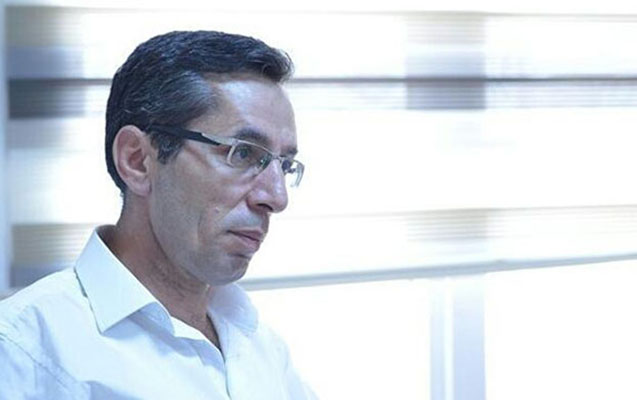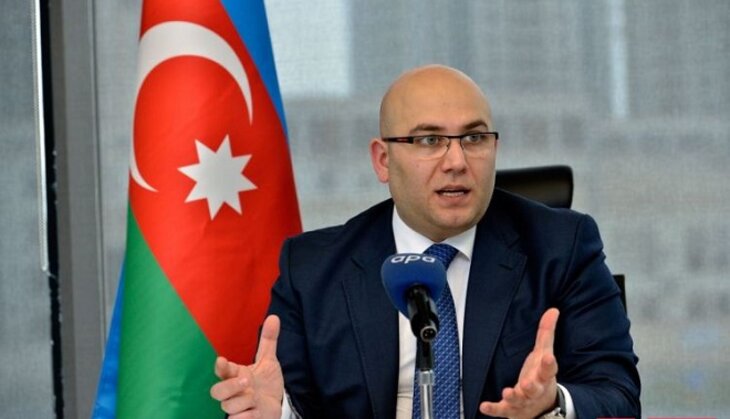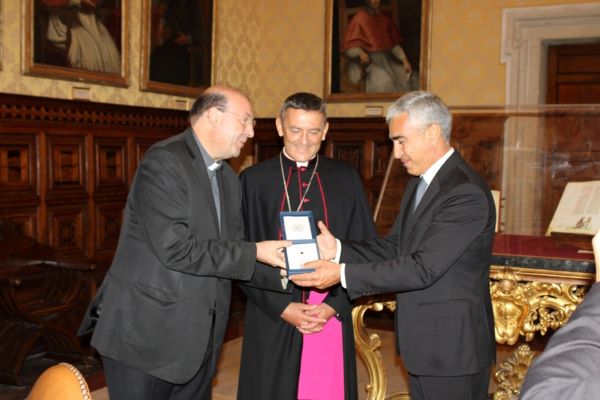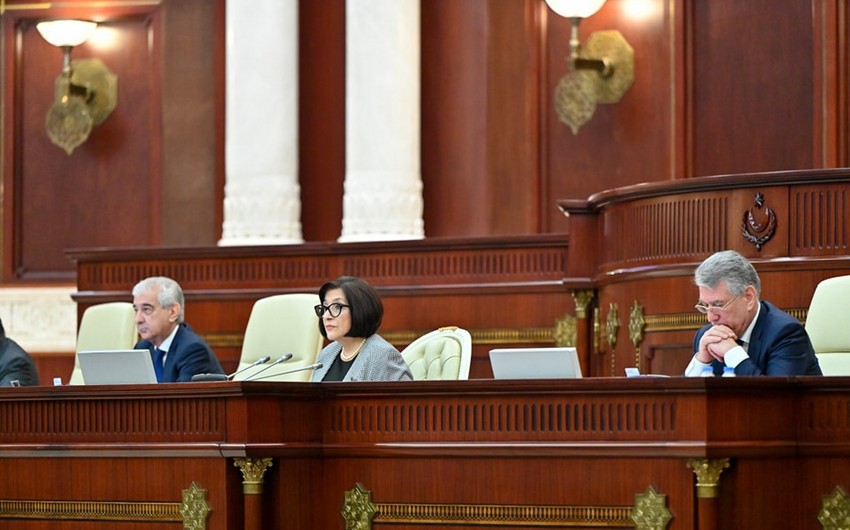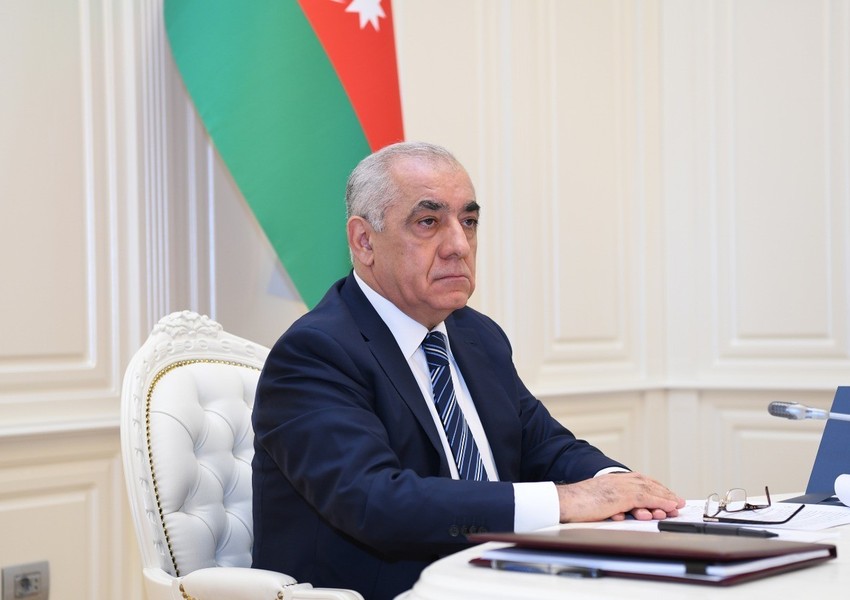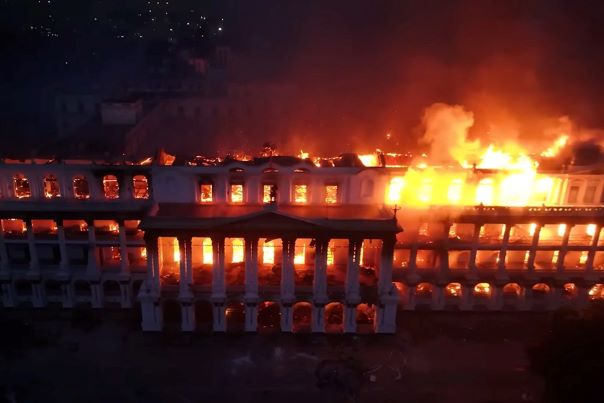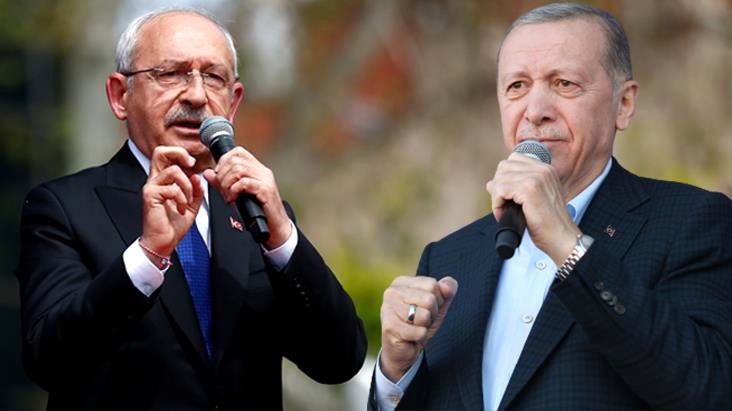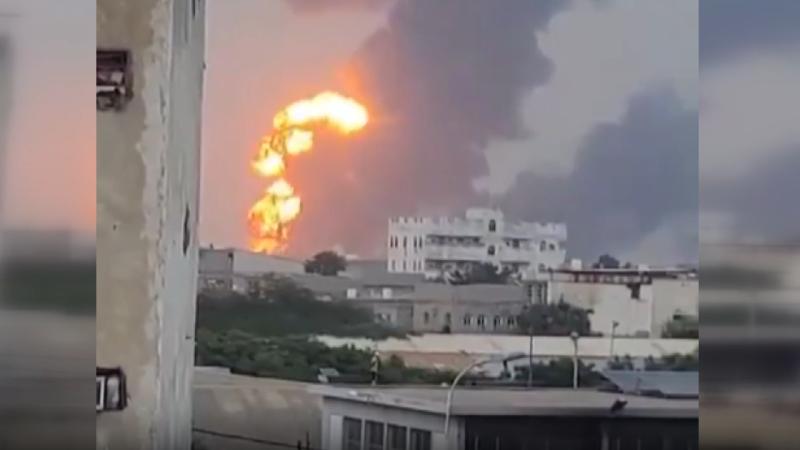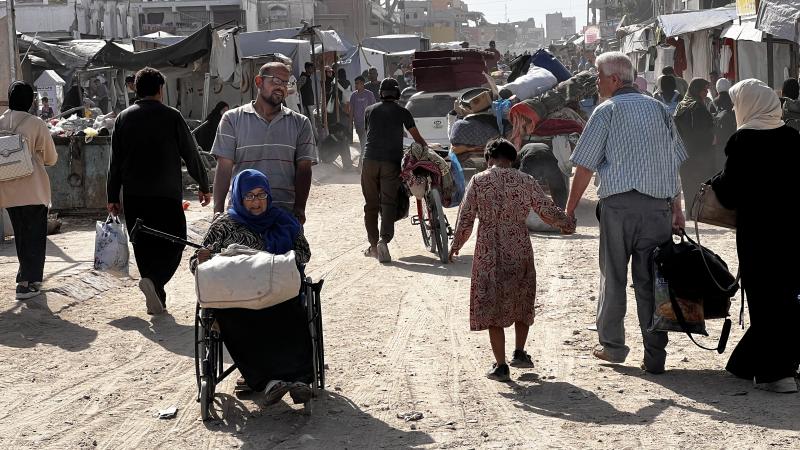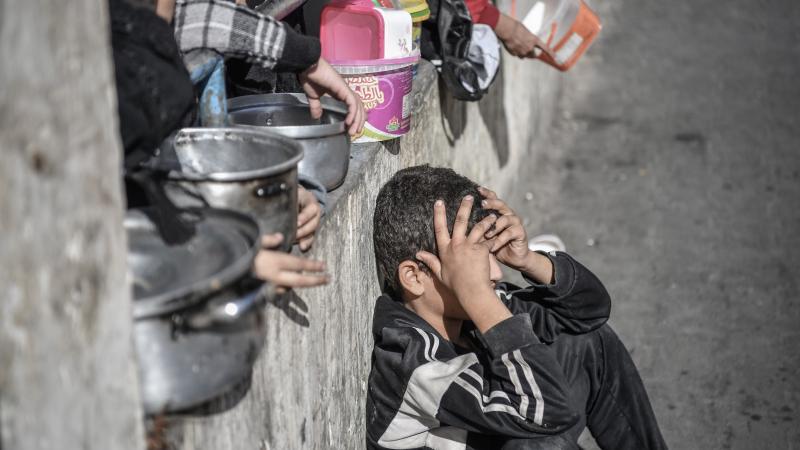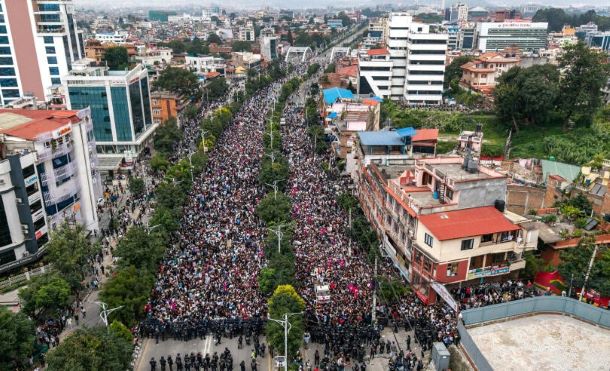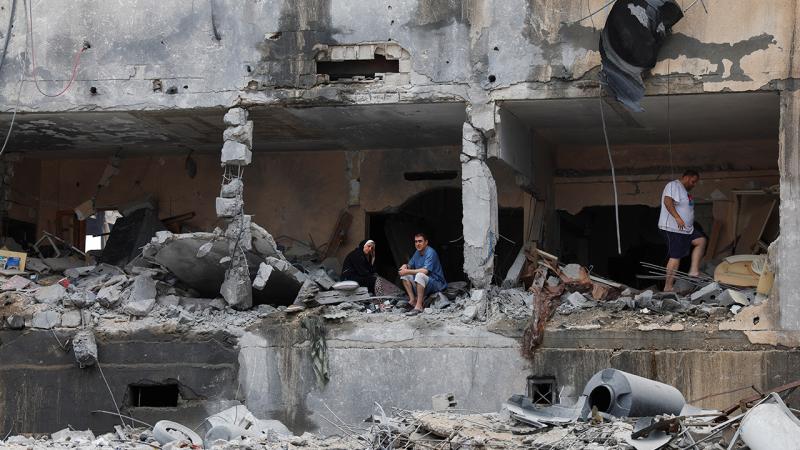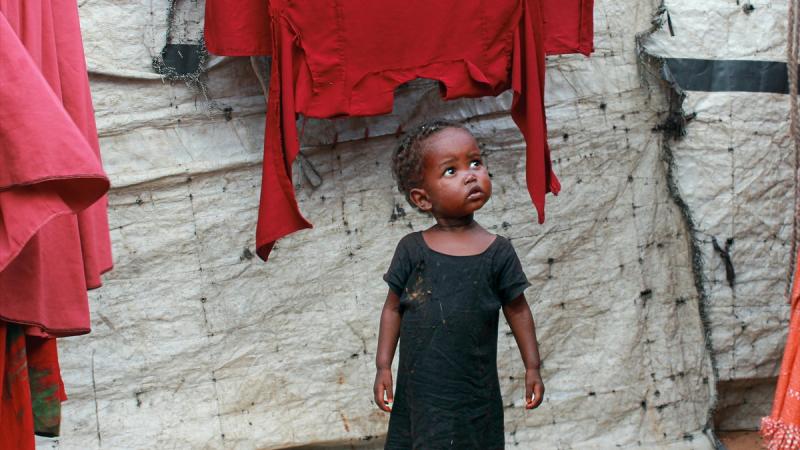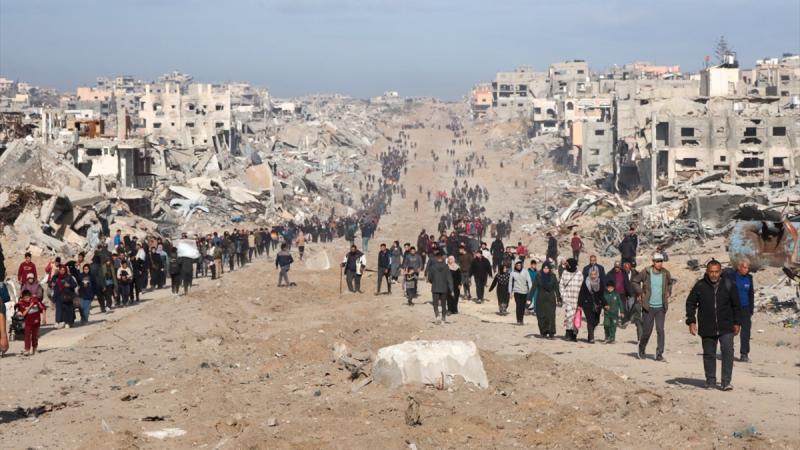
04-01-2012 [01:12]
[i]The interview Ilqar Altay, the head of the Public Research Center (Baku, Azerbaijan), independent expert-criminologist(PhD)investigating the murder of Rafig Tagi, the writer-publicist who severe criticized Iran and Islamic religion. [/i]
[b]- Mr. I. Altay, you have investigated writer Rafig Tagi?s murder also in Iran and some obtained facts have been declared to press. What was the reason of death fatwa (religious punishment) of Iranian Ayatollahs (religion liders) against Rafig Taghi? [/b]
- Rafig Tagi was a talented and quite sharp writer. He was a representative of simple majority of average simple and poor people and has fed their heart more with his articles. Because he, himself lived hard life and experienced different difficulties. Perhaps, sense of displeasure of unfairness of society and unsuccessful contradictory life led him to run to extremes of wrong things in his creative work. He criticized every wrong thing and wrong man extremely firmly that he met and didn?t like. As well as Islam and Iran was criticized by him. What was a punishment for a man who went against the religion and government in middle ages? His skin would be peeled. He would be burned. So the clergymen of a religious regime using guilt and penalty regulation norms of Middle Ages in a country like Iran gave a fatwa against Rafig Tagi.
[b]- How can Rafig Tagi?s murder be related to such a fatwa? [/b]
- I have been in the offices of ayatollah Lankaranis who had given a death fatwa and congratulation statement after Rafig Taghi?s death, in Tehran and Gum. I have visited the stationary office of a Irani religious leader Khameini and one of the political leaders, ayatollah Seddigi. I have had a talk with government-oriented public and media agents about it. I have conducted enough investigations. I have realized that the death fatwa was in fact directed to the auditory of Iran and Muslim region. Senior clergymen carried out their duties giving that death fatwa so that the others would remember a sense of fear executed through the years. However, they denied that there is the direct connection between the fatwa and its execution. The said it?s not necessary that a specific person carries out that fatwa. Just a faithful representative of Islam is allowed to implement the murder and if he does so, it would not be considered as a sin for him. Even there is a clause-law in Iran according to which a man who kills a person deserving a death is not punished. And this is a very strange, surprising and complicated circumstance. It is for indefinite that depending on which criterion the death deserving is measured and that clause can be executed in any form.
[b]- It means that, ayatollahs disprove of being related to murder of the writer in Baku.[/b]
- I emphasize once again that the ayatollahs inform to the auditory i.e. people of Iran and the other Islamic societies that they gave a fatwa and it has been executed and everyone will be punished like this. Because this is an integral part of the policy of fear and subordination followed through the years. I think it is also possible to observe the line that discredits Azerbaijan in Iran and Muslim world propagating Rafig Taghi as ?Azerbaijan?s Salman Rushdi?. But when the topic discussed in the international level begins to cause trouble for Iran, they completely refuse it. Even the clergymen and especially ideological publicity officials are ready to make an opposing statement if Azerbaijani investigation comes to conclusion that the murder was organized by Iran.
- How is your point of view to Rafig Taghi?s murder as an expert-criminologist? Concrete reason for the death of the writer is not so clear to the community.
- Rafig Taghi died after several day treatments. This is an issue that is contradictory and hampers the investigation. The deceased was knifed several times, his internal organs were injured, lost blood, and he didn?t die in the place of incident. On the contrary, because the injuries caused to him was not hard, he was able to go home and was carried to hospital. He underwent an operation, received a treatment, and went out of reanimation i.e. critical situation. During 4 days his general situation improved so that he could give an interview and then suddenly died. It is a contradictory and complicated issue to determine the immediate reason of the death in such a consistency as I said. Namely the medical examination bears the load of responsibility and authority in such a death and it is always a non-desirable matter of difficulty for the examination. On one of the specific versions shall be dwelled. It shall be objectively grounded and defined that whether the reason for the death is knife injuries or injury complications. That is to say is there direct connection between the knife conspiracy and the death in the hospital? If there is a direct connection, then the situation and execution of investigation becomes a bit simpler.
[b]- So, which other reasons for the death may there be?[/b]
- Maybe the cause of the death is a fault or negligence of doctors as a second version. Or was an outside influence exerted to the deceased in the hospital i.e. was the second conspiracy committed against Rafig Taghi? The opportunity of responding to these questions belongs to the official examination. These replies are significant for the direction and the course of the investigation. If the second conspiracy was committed in the hospital, the investigation shall explain whether it was done by the force who committed the first conspiracy to complete his action or it was another force who took advantage of the situation.
[b]- There are versions about external and internal forces, parties committing the conspiracy. Which version do you consider more real?[/b]
- It is almost clear that there is a prepared, planned conspiracy. And it?s also known that Rafig Taghi has been punished for his sharp articles. The official investigation is responsible to define that which force committed it. We ? independent public investigators can only put forward our real versions about it. The late writer criticized very different parties in his articles. Therefore different competitor parties may ascribe the commitment to each other. For example, the West would like Iran to take a hand in this matter. While the opposition substantiates the probability that it was committed by the government. Iran, on the other hand, claims that this murder was committed by the USA-Israel union to set a variance between Azerbaijan and Iran. However, I am sure that if the course of the investigation goes to follow Iran, then Iran would instantly declare that the murder is a business of Azerbaijani government because the writer also published many severe articles against Azerbaijani leaders. By my opinion, a religious, and especially Iran factor may be more real among these versions. But it needs time to say a final opinion.



